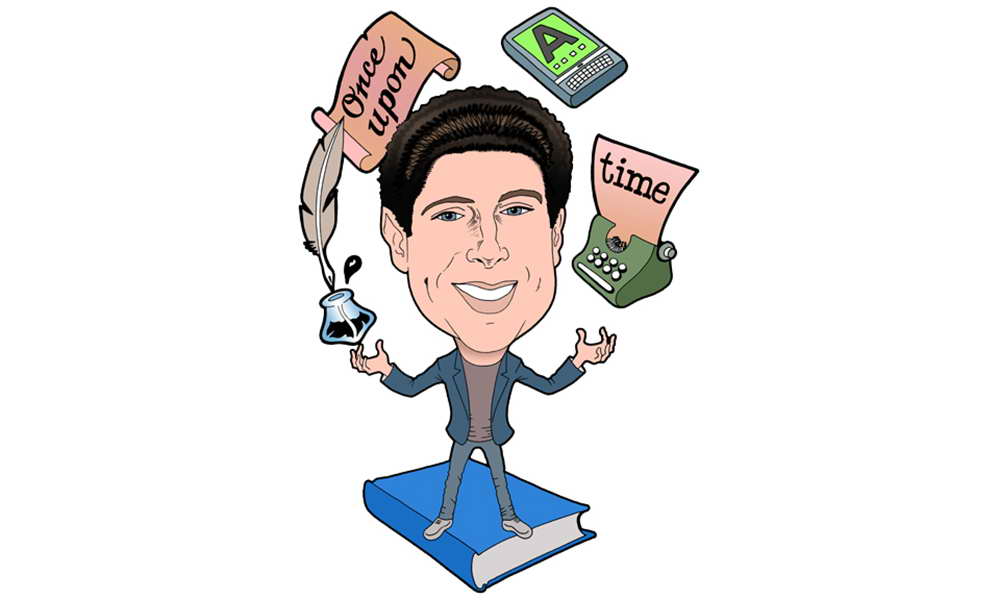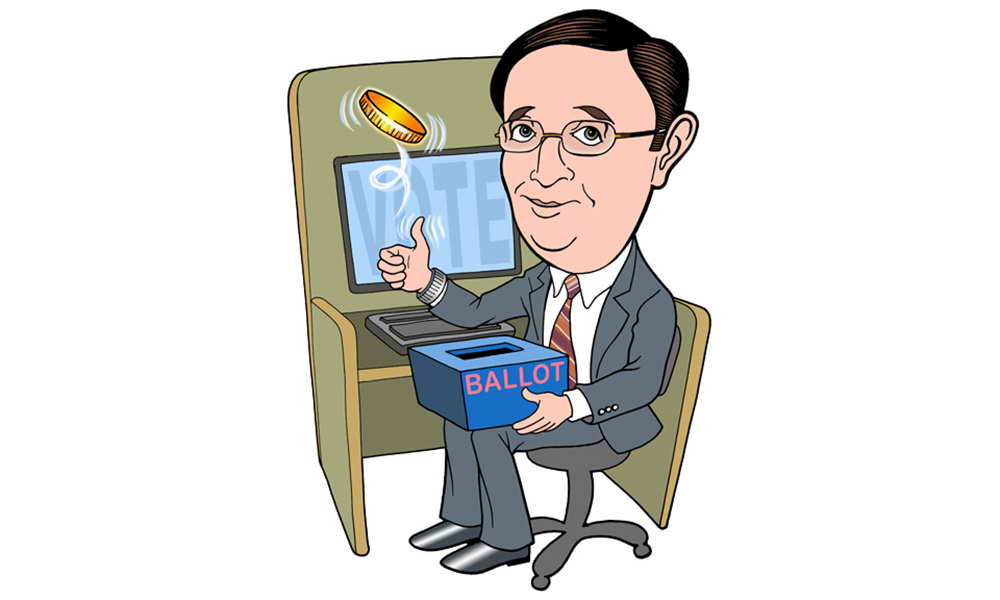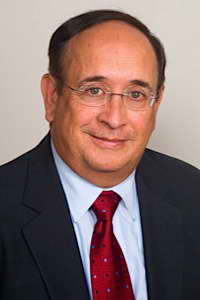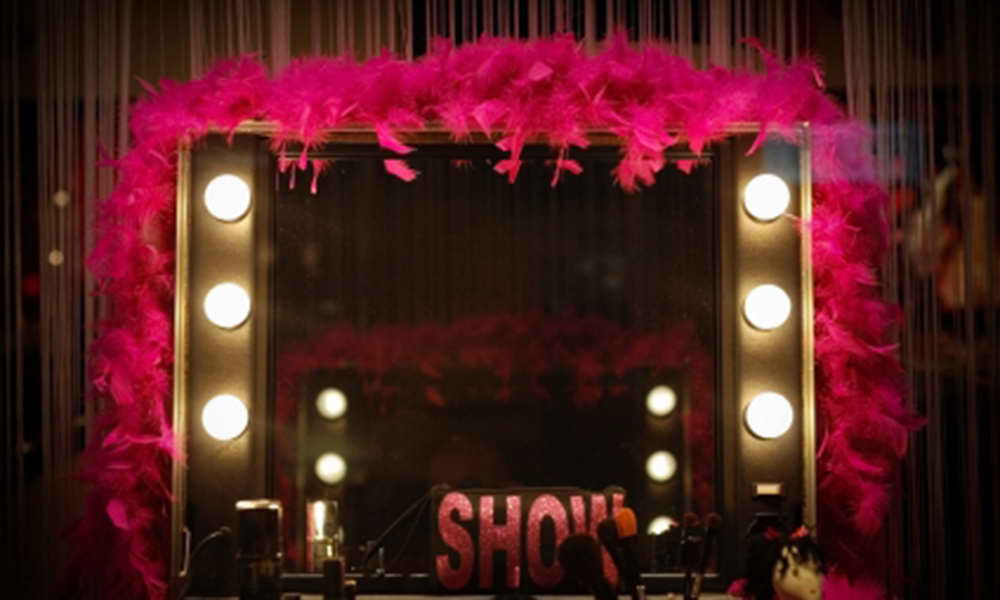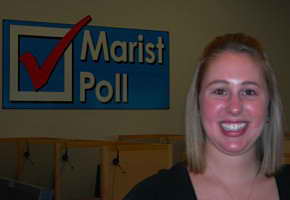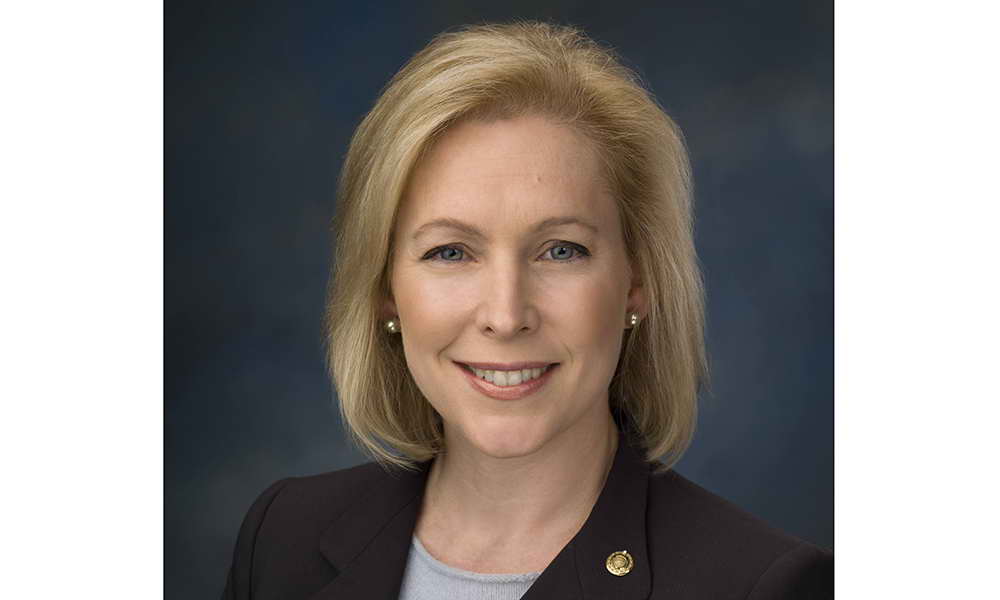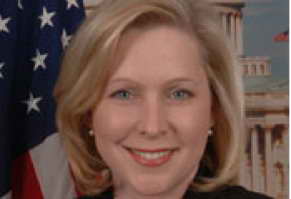By John Sparks
Baseball season is in full swing! From Major League Baseball’s ticket prices to new stadiums’ impact on the game, there’s a lot of chatter surrounding the sport. In an interview with The Marist Poll’s John Sparks, sports journalist Len Berman weighs in. Check out their conversation below.

John Sparks
Len, we conducted a poll and we asked the public if they thought the cost of a ticket to a major league game was a good value for the money. 83% of those who considered themselves baseball fans said, “No, it is not a good value”. In fact, 84% of those who make $50,000 a year or more also said a big league ticket isn’t a good value. I was just wondering what you think and why you think folks responded as they did?
Len Berman
Well, I think in some new stadiums and some old stadiums, the price of tickets has gotten out of hand. I mean clearly all the publicity is focused on the new stadiums in New York City. I mean to spend hundreds of dollars for a baseball game is patently absurd. We all have long memories. I mean mine goes back… I bought a reserved seat at the Old Yankee Stadium for $2.50 because I couldn’t afford the $3.50 box seats, so I mean we all have those memories. I think it’s just gotten out of hand in some places.
John Sparks
Well, you know, at the beginning of the season, you mentioned the new Yankee Stadium. I think those premium seats went for $2,500 a game and then they slashed those in half, but those seats are still just too pricey; don’t you think?
Len Berman
Well, absolutely. In fact, I was just reminiscing about Jay Leno’s last show coming up, and I was fortunate enough to be a guest on his program on the Tonight Show back in 2005. Now this was four years ago, and one of the questions Jay asked me was, “What would I do if I were commissioner for a day?” and I just off the cuff said that, “Gee, I’d like to make a couple of tickets at every game be affordable. Maybe, you could buy them by lottery just so the average family could go to the ballpark.” And, the audience erupted into applause, so I knew I touched on something four years ago and now four years later, things have only gotten worse.
John Sparks
Absolutely. You may remember that George Steinbrenner was always pressing for more luxury boxes, the old Yankee Stadium built it and back in 1923, it wasn’t equipped with luxury boxes in those days. That was one of the motivators behind building a new stadium, but those suites are not being filled. Could it be that major league baseball has finally out-priced itself?
Len Berman
Well, I mean I don’t think anyone predicted the recession. For years, everything was just going up, up, up, up, up, from housing to luxury cars to everything. I mean there was never a downturn so this was just the perfect storm that killed the golden goose. I mean I just think – – listen, fortunately I make a nice living and a few friends of mine, we decided to go to baseball game in a couple weeks so we decided to buy a ticket for $190. Now, it’s per person and it’s just a couple of guys, so I’m going to spend $190 to go to a baseball game. Now I think that’s way out of line but thank God I’m not buying tickets for my family. I guess the flipside is there are plenty of tickets available online. I got a great email from somebody the other day saying they were able to buy some cheap seats in the upper deck at Citi Field, and they had a great time. So, I mean I guess there is a bright side to this somewhere.
John Sparks
Do you think it’s reached a point where the game’s in danger of survival?
Len Berman
I’m not sure survival is ever an issue. I mean that’s been spoken about for years. I mean it’s come up during the war. It came up in the 40’s. It came up when baseball took a year off for the strike in ’94. I think the game is strong. I think people will figure out a way, but I think those owners who envision just riches that would be on top of riches, I think there’s another thing coming. I mean listen, the Giants and Jets built a new stadium. There was nothing wrong with the old stadium. It’s a fine – – it’s a fine facility and the Giants always had this legendary waiting list with hundreds of thousands of names for tickets. Well, they’ve burned through the entire waiting list, and they’re still looking for people because fans are just balking at the idea of personal seat licenses.
John Sparks
In that regard, we also asked New York City residents if they follow professional baseball a great deal, somewhat…
Len Berman
I love that question. I absolutely love that. In fact, I’m writing about it on my website; but go ahead, I’ll let you finish the question.
John Sparks
Great. Well, almost 50% said they don’t follow the game at all; and when you add those that don’t follow it very much or somewhat, it’s a whopping 84%. Now, I grew up loving baseball and I’m concerned that we may have lost a whole generation of fans. Would you agree?
Len Berman
I think there’s two parts to that. Yes, I think some fans have been lost. You’re certainly going to lose kids who can’t stay up late at night to watch the World Series and whose parents can’t afford to take them to games. But, the other side of that is I’ve always felt that the number of sports fans were over-rated. I’ve always argued with people that the majority of people are just not sports fans, and people look at me like I’m crazy. I think the sports fan or the non-sports fan is intimidated into thinking that he’s in the minority because of ESPN, and All Talk radio, and the tabloids. The truth of the matter is the majority of the people aren’t big sports fans, so maybe that’s another eye-opener to some of the owners that their audience is dwindling. That’s one of the reasons I started my website: LenBermanSports.com, and I send out daily emails, the top five, to my subscribers is because I think there are people who aren’t big fans, who would like to know a little bit about what’s going on and that’s what I do. I provide some water cooler information.
John Sparks
One of the things that I noticed now is that it’s more of a complete entertainment venue. Besides the game, you’ve got dot races and certainly at the minor league level, a lot of these fan participation stunts between innings, but even at the Rangers and the Yankees… Between innings, you’ve got all kinds of activities. The fans are on the Jumbotron engaged in contests and things, so it sounds like that the owners have really expanded beyond the game itself.
Len Berman
Well, it’s the old idea of get them in the tent. You’ve got to provide entertainment. I mean I would naively think the ballgame would be enough, especially at the major league level. At the minor league level, I think it’s wonderful. I mean the tickets are reasonable. The players sign autographs. They’re accessible to the fans, and they have all these little fun contests. It really makes kids and people excited about the sport. There’s nothing wrong with that at the minor league level. It’s the major league level that needs a lot of help.
John Sparks
You know, at the major league level, because of the ticket prices, is it a different caliber of fans that go to big league games these days?
Len Berman
Well, that’s another interesting question. I mean the old idea that corporations are going to buy up the seats used to work, and then they distribute it to people. Sometimes they’d sit in it themselves, so you wouldn’t have the hardcore blue-collar fan rooting for the home team. I mean I noted the other day that at a Yankees’ game against Philadelphia, there were so many Philadelphia fans. Well, that’s another sign of the times of fans. If your home team can’t afford the tickets or don’t want to buy them or are easily reselling them, then it makes it much easier for the other team to get into your ballpark, and it really does diminish the home field advantage.
John Sparks
You know, I guess in this age of government bailouts, it doesn’t look too good for these corporations to be, whether they’re buying naming rights or even entertaining clients in luxury.
Len Berman
Well, it just doesn’t look good on your corporate report to say you’re spending hundreds of thousand dollars on premium seats. Listen, you mentioned a $2,500 seat for the first row at the Yankee Stadium, that’s if you bought it on a season ticket basis. Well, if you bought four seats, that’s $10,000 per game. That’s $800,000 for the season. Now how’s that going to look on your corporate report? If you’ve spent $800,000 for baseball seats for your clients, I don’t think it looks very good.
John Sparks
I agree with you. Listen, you mentioned the new Yankee Stadium and, of course, the Mets have a new home field as well. New York fans were pretty much evenly divided when we asked them if building these new stadiums was a good thing for baseball. What do you think? Was it a good thing that they built two (inaudible) ball parks?
Len Berman
I was surprised by your poll results. I would’ve thought because of all the flack that has transpired, I would’ve thought a bigger percentage would’ve been against the idea that this was good for baseball, so that did surprise me. I guess it’s good in a way that it draws more interest and more attention. I’ll tell you the fact in your poll that I found fascinating when it came to New York City was that the only demographic that considered themselves Met fans as opposed to Yankee fans were people over 45. So, I really got to thinking about that, and I obviously… It might have something to do with the more recent success of the Yankees. I mean they won World Series as recently as 2000 where the most recent Mets World Series won was ’86; but I’m also wondering if that has something to do with the fact that the older fans still have an allegiance to the old Dodgers and Giants, who used to play in New York and might have considered themselves national league fans. But, I thought that was – – There was the fascinating tidbit in your poll about the over 45-year-old people, who are Met fans.
John Sparks
Are you a Mets or a Yankees fan, Len?
Len Berman
Well, the thing is, is that when I became a journalist, I kind of became neutral because I worked in Dayton, Ohio, and that was Cincinnati Reds country, and, then, I worked five years in Boston, so I was a Red Sox reporter. I grew up a Yankee fan back in the 50’s because Mickey Mantle played for the Yankees, but he doesn’t play for them anymore. So right now, if anything, I’d probably lean toward the Mets out of compassion. I was actually hoping in 2000 that they could win the subway series. I mean the Yankees have won so many, so I’m an odd individual to ask. I don’t… I’m not really a fan from that sense because I am a journalist.
John Sparks
The Yankees certainly struggled last year. They didn’t make the post-season. Now, I saw the other day, I think I read that there were 17 games this year in which they’ve come from behind to win. It seems to me that the free agents aren’t necessarily making a team; and at the same time, the Yankees don’t seem to be good at growing their own on the farm like they did with those great teams of the late 90’s. Yet Tampa Bay, the Red Sox, the Minnesota Twins seem to be having more success with developing their players. Now is this a problem for the Yankees? Should they consider a different approach? Is it a question of their scouting department being inferior to other organizations these days?
Len Berman
I’ve long advocated that the Yankees change their ways. I mean they have gone about buying free agents every year since their last World Series win in 2000. None of it has worked. I mean I can make you the whole list from Mike Mussina, to Jason Giambi, to Randy Johnson, to Alex Rodriguez, to Johnny Damon, to Hideki Matsui, to every… Right down the line, it hasn’t worked, and I’ve long advocated it. I love the fact what the Red Sox and Tampa Bay and those teams have done, and that’s why I give them an edge. I mean they have those young people, young players who aren’t afraid to get their uniform dirty and until the Yankees can develop those kinds of players, I think just buying up players, who are older in nature by their age and their free agency, I think it’s a losing proposition.
John Sparks
Listen, I want to kind of divert for a moment. We asked fans in an earlier poll about the effect of steroids in the game. Now, we had all this A-Rod business this year and, again, this ties into the success of the Yankees or the lack of. Do you think there’s been some kind of clubhouse dissension that has accompanied A-Rod that not just this year that it really hasn’t reached the service that we haven’t been reading about but it has its affect on the Yankees team?
Len Berman
Well, I mean A-Rod has not been successful anywhere he’s been. Now, I don’t know if that’s cause or effect. It’s hard to say. He’s an enormously talented baseball player, but he does seem to cause friction or “look at me” and he comes bigger than the team. Is that a reason they don’t win? I mean I don’t know. I’m not in that clubhouse. I do know that he’s a unique individual; everything always revolves around him, even when he says it doesn’t. Maybe at some point, it does have an effect on the team. I mean I think there’s more factors at work. I mean obviously it’s all about pitching, and it’s about staying healthy, and it’s about playing some defense. It’s a lot of other things, but it may not be a coincidence that A-Rod’s never been to the World Series.
John Sparks
Let’s look in the crystal ball and look again to October and just say for the sake of a discussion that we’ve got a repeat of 2000, a subway series. How would you stack up the Mets versus the Yankees?
Len Berman
Wow! That would be a wonderful… That’s a great question. I thought you were going to ask me which teams would get there other than the Yankees and the Mets. Who would stack up better? In a short series, which is what a subway series is, you have to lean toward the pitching, and the Yankees get the slight edge of the starting pitching. The Mets get the big edge with the bullpen. I think, believe it or not, who wins the All-star game will determine home field edge. I would think if the Mets could play four of the games at Citi Field against the Yankees, Citi Field is a more pitcher-friendly ballpark. The Mets might have an edge. That’s weird that it might come down to some anonymous player from the Washington Nationals winning a game in the All- Star game and determining home field edge, and that gives the edge to the World Series; but I guess I would give the Mets the slightest of edges based on their bullpen.
John Sparks
You know, Len, there’s another factor in this home field advantage, and you know the World Series is two, three, and two, and the All-Star game determines the home field advantage now. But, they’re really two different ball games going on: the American League game and the National League game. Do you think it’s time that they got together and either both leagues do the DH or both leagues go back to the traditional game?
Len Berman
Well, no, that’s a broad question. I would think once you get to the World Series, you just play under one set of rules. Now, what that rule would be, I don’t know. I mean teams in the American League are constructed for the designated hitter and that’s how they run their payroll and their roster and play their games and the National League plays a different game, so I guess the only fair way is to have two different rules in the World Series; but I guess if push came to shove, I would favor one set of rules for a sport. I mean it’s odd to me that you have different rules. I mean it’s like…
John Sparks
It’s a different ballgame.
Len Berman
Yet half the basketball teams played with six players and half of them against each other, and then the Western conference played with only four players on the court. I mean that’s how odd it seems.
John Sparks
Finally, Len, tell me what you’re up to these days. Broadcasting has changed for all of us. You’re no longer at NBC. What are you doing these days?
Len Berman
Well, I’ve just recently left my NBC gig, so I’m spending a lot of time on my website, LenBermanSports.com. I’m sending out daily emails, my top five everyday. I’m talking to a lot of people. I’m talking to radio. I think there’s some things I want to do. I want to continue my “Spanning the World” feature. I think that’ll continue in some fashion. So, I definitely plan on continuing in broadcasting, but there’s nothing I’m ready to announce today.
John Sparks
Now, if I go on your website, I can register and get an email sent to me with your top five; is that right?
Len Berman
Yeah, they would just register on my website and they would get my top five; and it goes out Monday through Friday. Some of it’s… A lot of it’s offbeat. It’s not hardcore, super hardcore sports. A lot of it is the offbeat stuff that I like to dabble in.
** The views and opinions expressed in this and other interviews found on this site are expressly those of the speakers or authors and do not necessarily reflect the views of The Marist Poll.
Related Stories:
6/2: Baseball in New York City: Ticket Prices a Big Loser…New Stadiums: Much Ado About Nothing?
6/2: Taking the Plunge at Yankee Stadium
6/2: You Call That a Record?!


